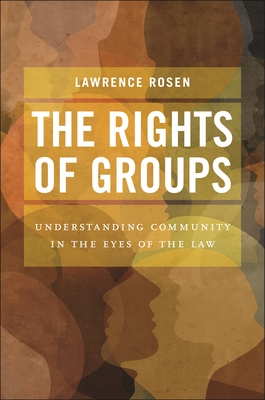The Rights of Groups: Understanding Community in the Eyes of the Law

The Rights of Groups: Understanding Community in the Eyes of the Law
Argues that a refined concept of culture can be used by American courts to better analyze cases that cover the sense of community. Supreme Court Justices frequently justify their opinions in terms of the traditions and customs of a community. Yet, the rights and interests of entities that fit neither with the state nor the individual are treated as fluid and subjective, often existing without clarity in the current legal framework. The Rights of Groups focuses on a series of specific examples to argue that a more refined concept of culture than has been employed by American courts could offer better ways to analyze a broad range of cases that employ the notion of community. Through an original reading of the Ninth Amendment, Lawrence Rosen illustrates how a cons
PRP: 314.13 Lei
Acesta este Prețul Recomandat de Producător. Prețul de vânzare al produsului este afișat mai jos.
251.30Lei
251.30Lei
314.13 LeiLivrare in 2-4 saptamani
Descrierea produsului
Argues that a refined concept of culture can be used by American courts to better analyze cases that cover the sense of community. Supreme Court Justices frequently justify their opinions in terms of the traditions and customs of a community. Yet, the rights and interests of entities that fit neither with the state nor the individual are treated as fluid and subjective, often existing without clarity in the current legal framework. The Rights of Groups focuses on a series of specific examples to argue that a more refined concept of culture than has been employed by American courts could offer better ways to analyze a broad range of cases that employ the notion of community. Through an original reading of the Ninth Amendment, Lawrence Rosen illustrates how a cons
Detaliile produsului










